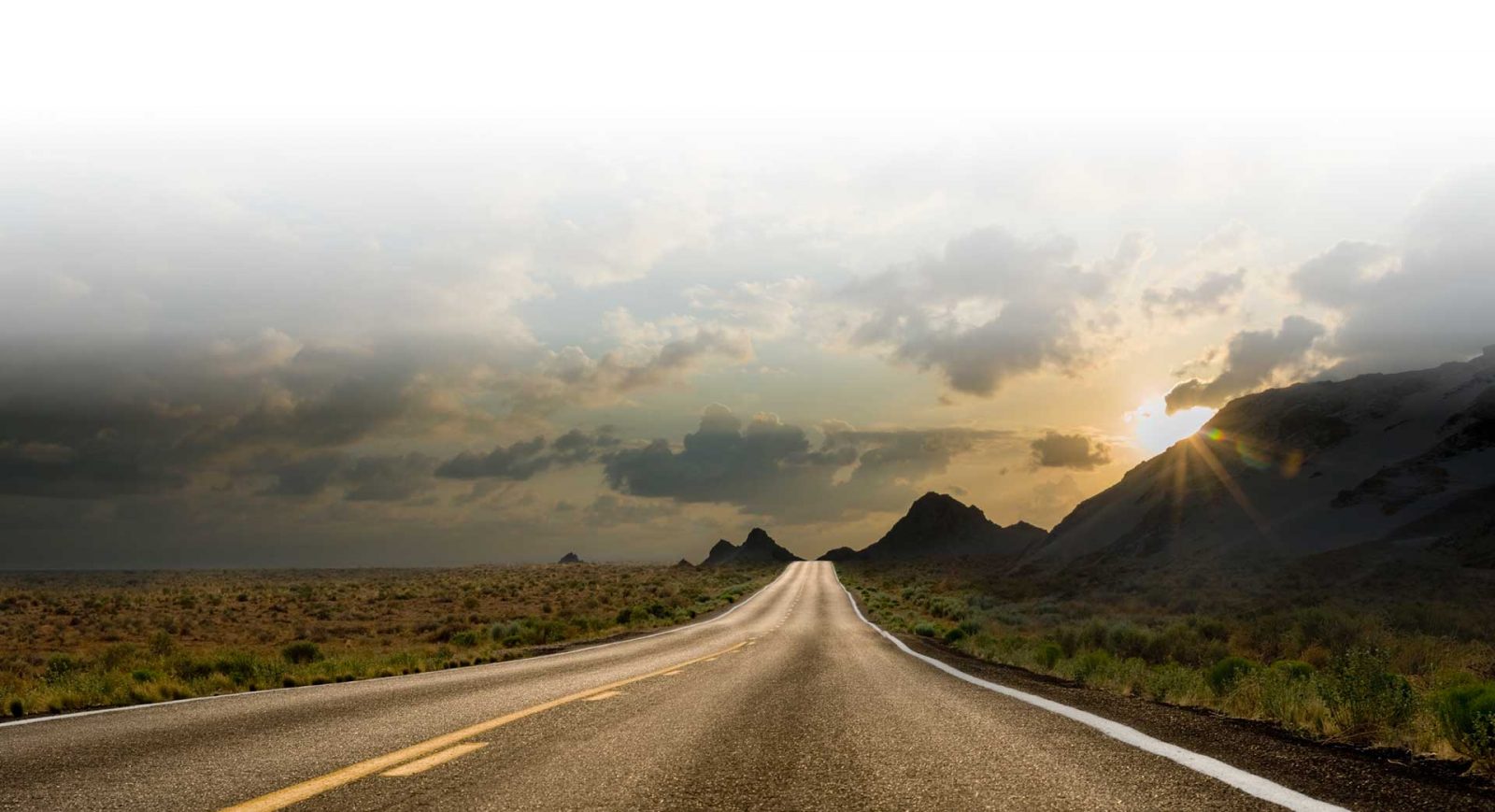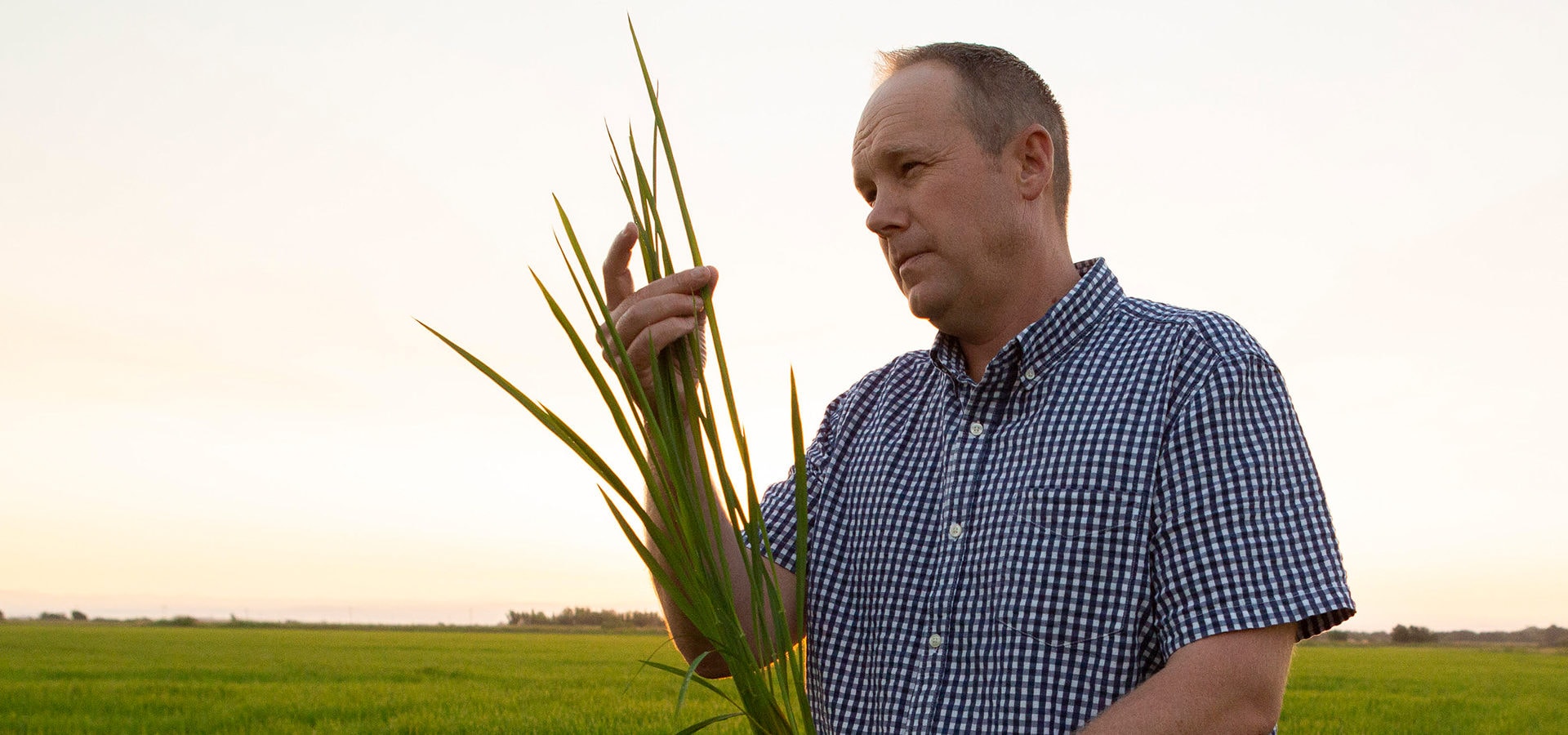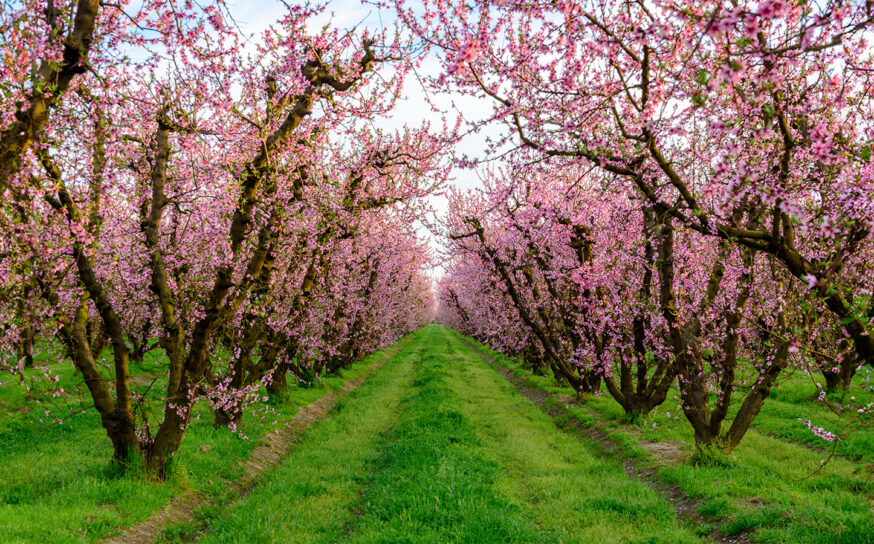These California Food Artisans Switched Careers to Create Some Truly Palatable Offerings
A second course.
-
CategoryArtisans, Farm + Table, Makers + Entrepreneurs, Small Businesses, Sustainability
-
Written byBonnie Graves
If you’ve found yourself Zooming out and Zillowing in during the pandemic, you’re not alone. There’s never been a better time to reconsider both career and geography. In the spirit of life giving us lemons— we’re talking to you, 2020—we wanted to highlight some Californians who’ve successfully transitioned into new fields and, in some cases, quite literally the fields. From an RN-turned-fromagière to a high-tech rice farmer to a Texan making California caviar, each of these entrepreneurs is working to safeguard our food supplies while protecting our environment.
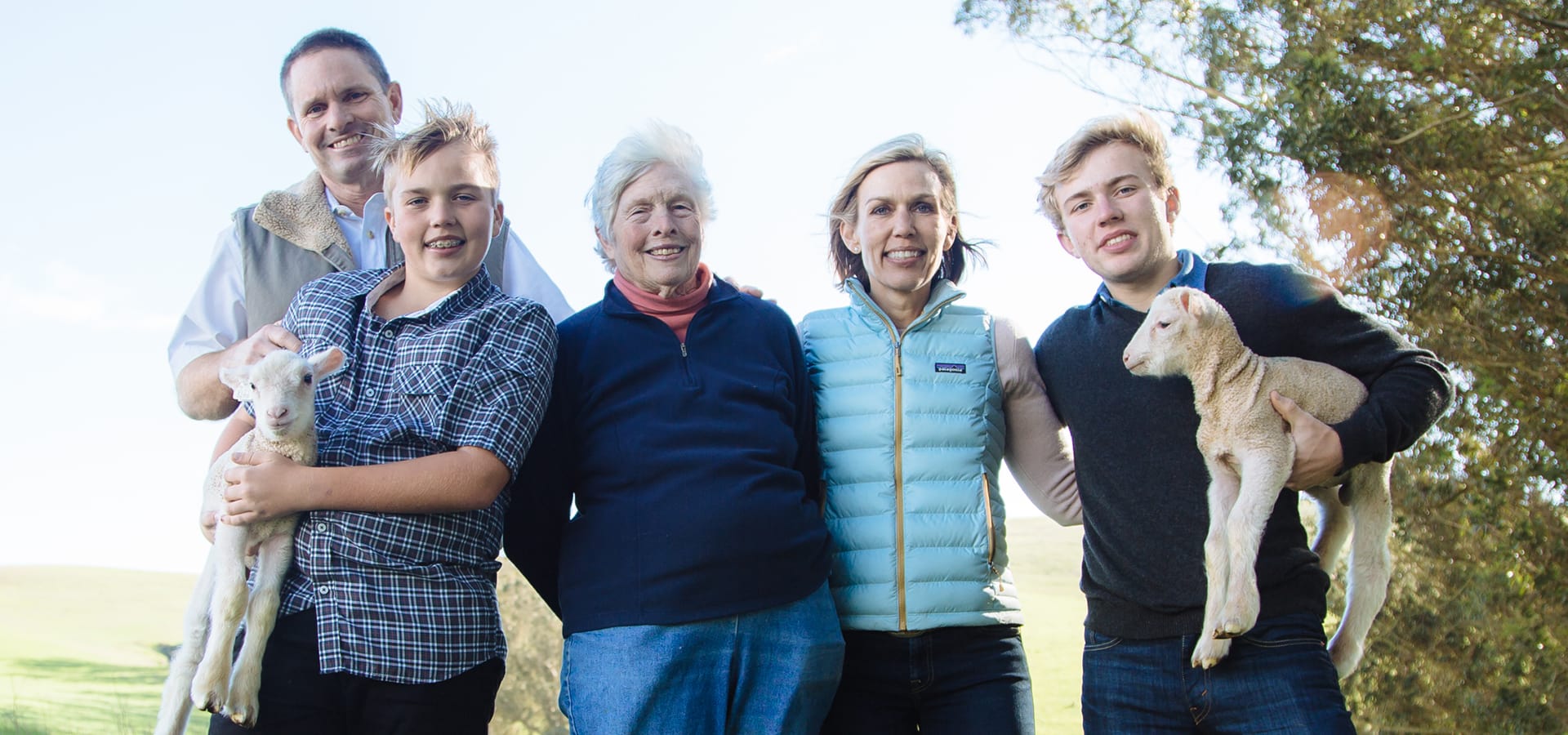
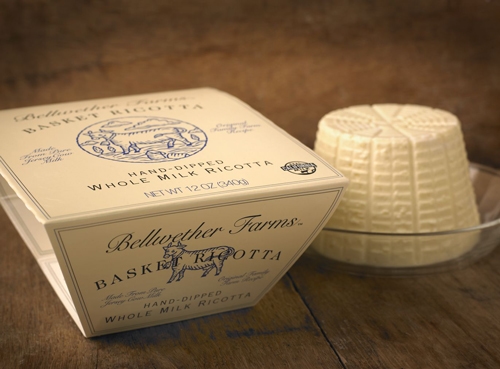 Cindy Callahan bought Bellwether Farms in 1986, swapping her nursing career for one spent tending sheep and raising lambs. When a friend suggested milking the sheep—common in Europe but unheard of at the time in the U.S.—Cindy also became an accidental fromagière. With son Liam and daughter-in-law Diana, Bellwether Farms has become one of the finest artisanal dairies in California. Their temperate Sonoma climate and plentiful pasture lands ensure that the sheep produce exceptional quality milk in limited quantities, which is in turn handmade by Liam and his staff into exceptional cheeses. Bellwether also produces cow’s milk cheeses from a nearby Jersey herd. From a traditional, hand-dipped whole milk basket ricotta to silky crème fraîche to washed-rind, aged cheeses and organic yogurt, Bellwether is proof positive that happy ruminants make better products.
Cindy Callahan bought Bellwether Farms in 1986, swapping her nursing career for one spent tending sheep and raising lambs. When a friend suggested milking the sheep—common in Europe but unheard of at the time in the U.S.—Cindy also became an accidental fromagière. With son Liam and daughter-in-law Diana, Bellwether Farms has become one of the finest artisanal dairies in California. Their temperate Sonoma climate and plentiful pasture lands ensure that the sheep produce exceptional quality milk in limited quantities, which is in turn handmade by Liam and his staff into exceptional cheeses. Bellwether also produces cow’s milk cheeses from a nearby Jersey herd. From a traditional, hand-dipped whole milk basket ricotta to silky crème fraîche to washed-rind, aged cheeses and organic yogurt, Bellwether is proof positive that happy ruminants make better products.
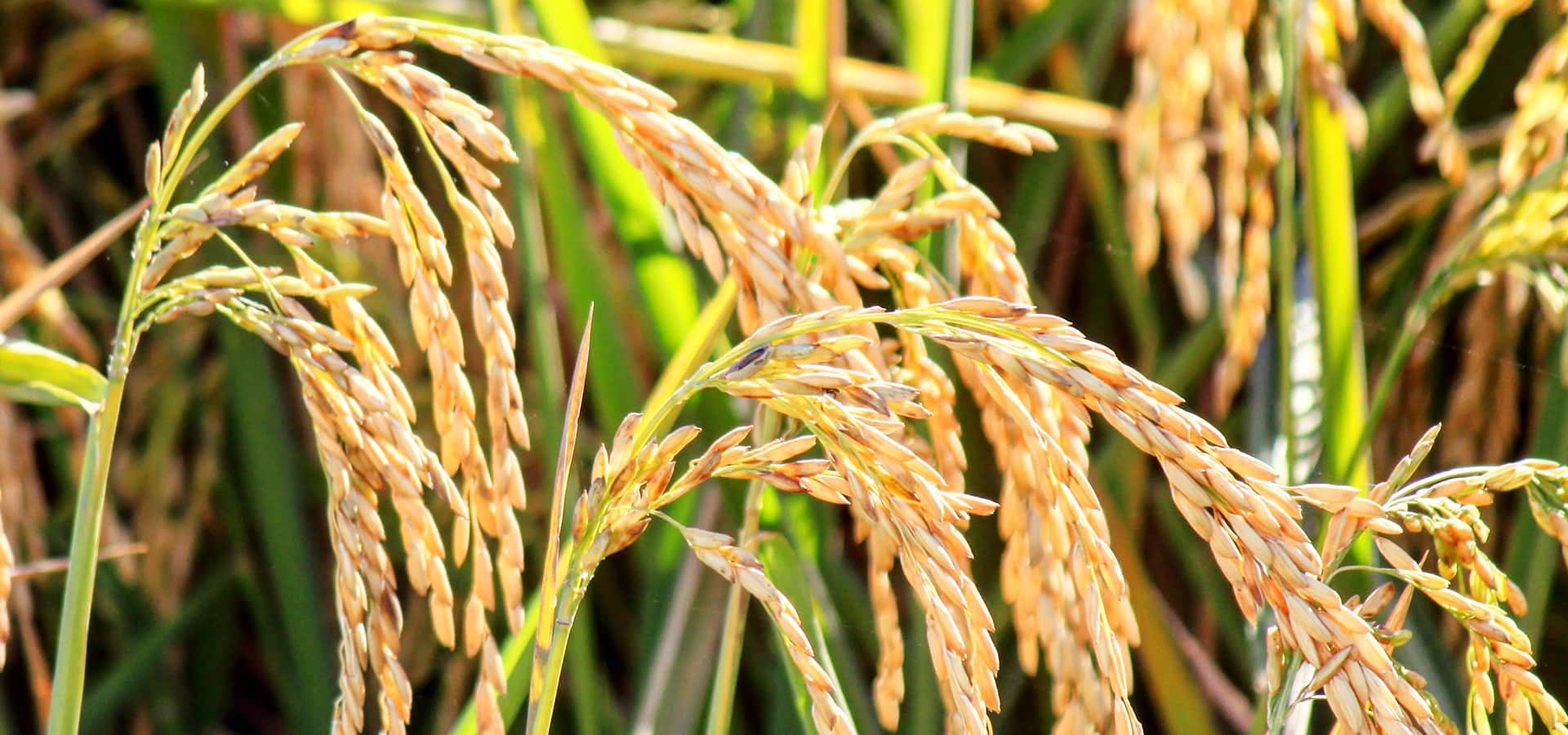
Entrepreneur Michael Bosworth has a different obsession: rice. As a fifth-generation Californian farmer and UC Davis grad, Michael is single-handedly redefining domestic rice production at Rue & Forsman Ranch. And as CEO of Next-Gen Foods, Michael is tackling food distribution and sustainability head-on by directly connecting farmers to both wholesale and retail markets. Located in Rio Oso, about 40 miles north of Sacramento, Rue & Forsman Ranch produces 18 types of heirloom rice. In a recent partnership with The Nature Conservancy, the ranch has helped pioneer a program to protect migratory birds in their rice fields. As Michael puts it, “I need to farm rice 180 days a year, but I can also have other productive uses for the land the other 180 days.” He continues to describe his holistic approach to farming and wildlife conservation, saying, “It’s figuring out how to maximize the benefits of the land around the year.” Michael’s exceptional rice is coveted by chefs and is even used to make a boutique sake at Oakland’s Den Sake Brewery.
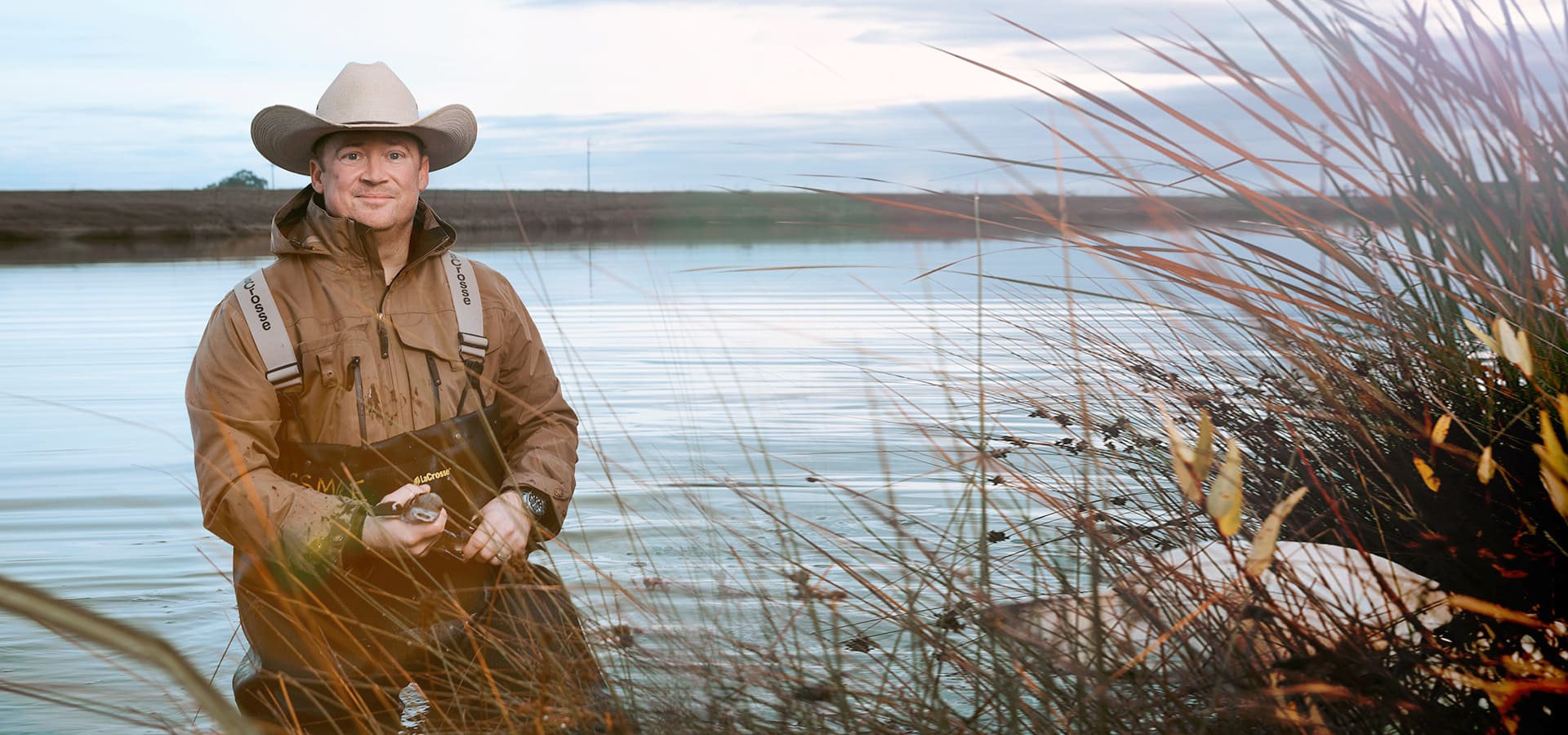
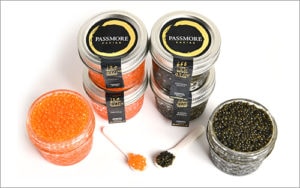 Another Sacramento area ranch produces a different type of crop entirely: fish! Passmore Ranch is well-known as one of America’s finest purveyors of sustainably farmed fish. Texas native Michael Passmore intended to go to law school after his Marine Corps service, but his purchase of 86 acres of grassland east of Sacramento somehow steered him straight into the water. What began as a hobby—raising catfish, steelhead trout, bass and silver carp in his freshwater-filled ponds and tanks—quickly became a business. Cited by the Monterey Bay Aquarium as a leader in responsible aquaculture, Passmore Ranch went from selling live fish at local farmers markets to supplying many of California’s top restaurants with their products. On the luxury side, the ranch now also raises sturgeon, and its caviars have quickly become a coveted item. Far from pretentious, Michael often suggests pairing his caviar with tortilla chips and a Budweiser!
Another Sacramento area ranch produces a different type of crop entirely: fish! Passmore Ranch is well-known as one of America’s finest purveyors of sustainably farmed fish. Texas native Michael Passmore intended to go to law school after his Marine Corps service, but his purchase of 86 acres of grassland east of Sacramento somehow steered him straight into the water. What began as a hobby—raising catfish, steelhead trout, bass and silver carp in his freshwater-filled ponds and tanks—quickly became a business. Cited by the Monterey Bay Aquarium as a leader in responsible aquaculture, Passmore Ranch went from selling live fish at local farmers markets to supplying many of California’s top restaurants with their products. On the luxury side, the ranch now also raises sturgeon, and its caviars have quickly become a coveted item. Far from pretentious, Michael often suggests pairing his caviar with tortilla chips and a Budweiser!
passmorecaviar.com | seafoodwatch.org/ocean-issues/aquaculture
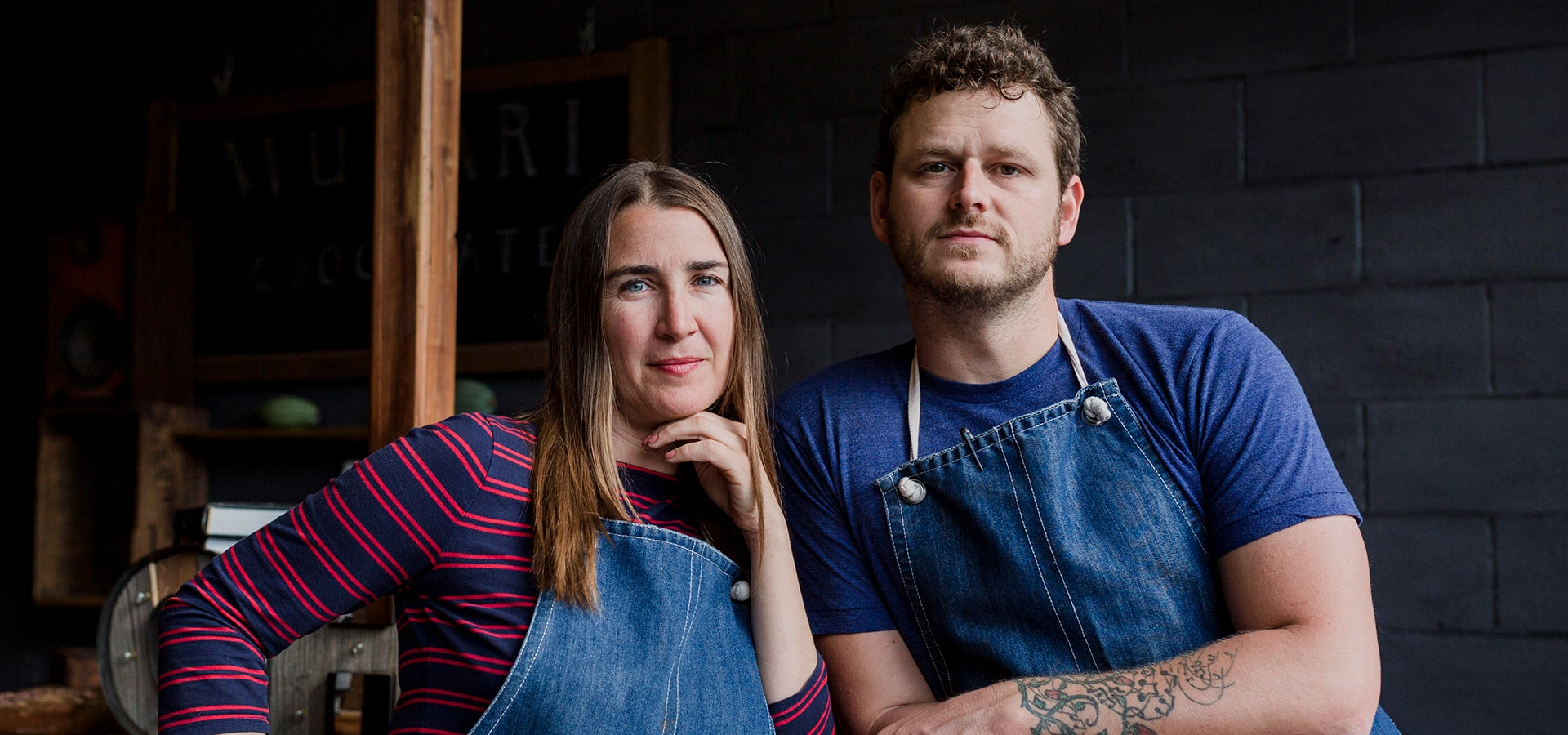
While growing cacao beans in California remains untenable—at least for now—one Santa Cruz duo is putting a uniquely California spin on chocolate. When Katy Oursler and Stephen Beaumier bought Mutari Chocolate five years ago, they envisioned a brand that was both ethical and delicious. Katy helped found the pivotal farm-to-table event group Outstanding in the Field, while Stephen polished his cooking skills at Michelin-starred restaurants like Cyrus, Quince and Noma. One of only 150 “bean to bar” chocolatiers in the U.S., Mutari travels to cacao-producing regions to hand-select its beans, for which it typically pays four times the Fair Trade price. Ethical chocolate is expensive—and worth every penny. In lieu of a pricey roaster, Katy and Stephen jerry-rigged an old chicken rotisserie. They hand-sort each bag of beans before it is roasted and transformed from cacao to cocoa powder. The world has taken note: Mutari and its sister brand, White Label, have earned top awards in international chocolate competitions. For purists, a trip to their café in Santa Cruz is bucket list and then some. They produce a line of chocolate bars, baked goods, drinking chocolates and more, all made without dairy—a nod to both the inherent, stand-alone quality of their chocolate and to reducing livestock-based climate impact.
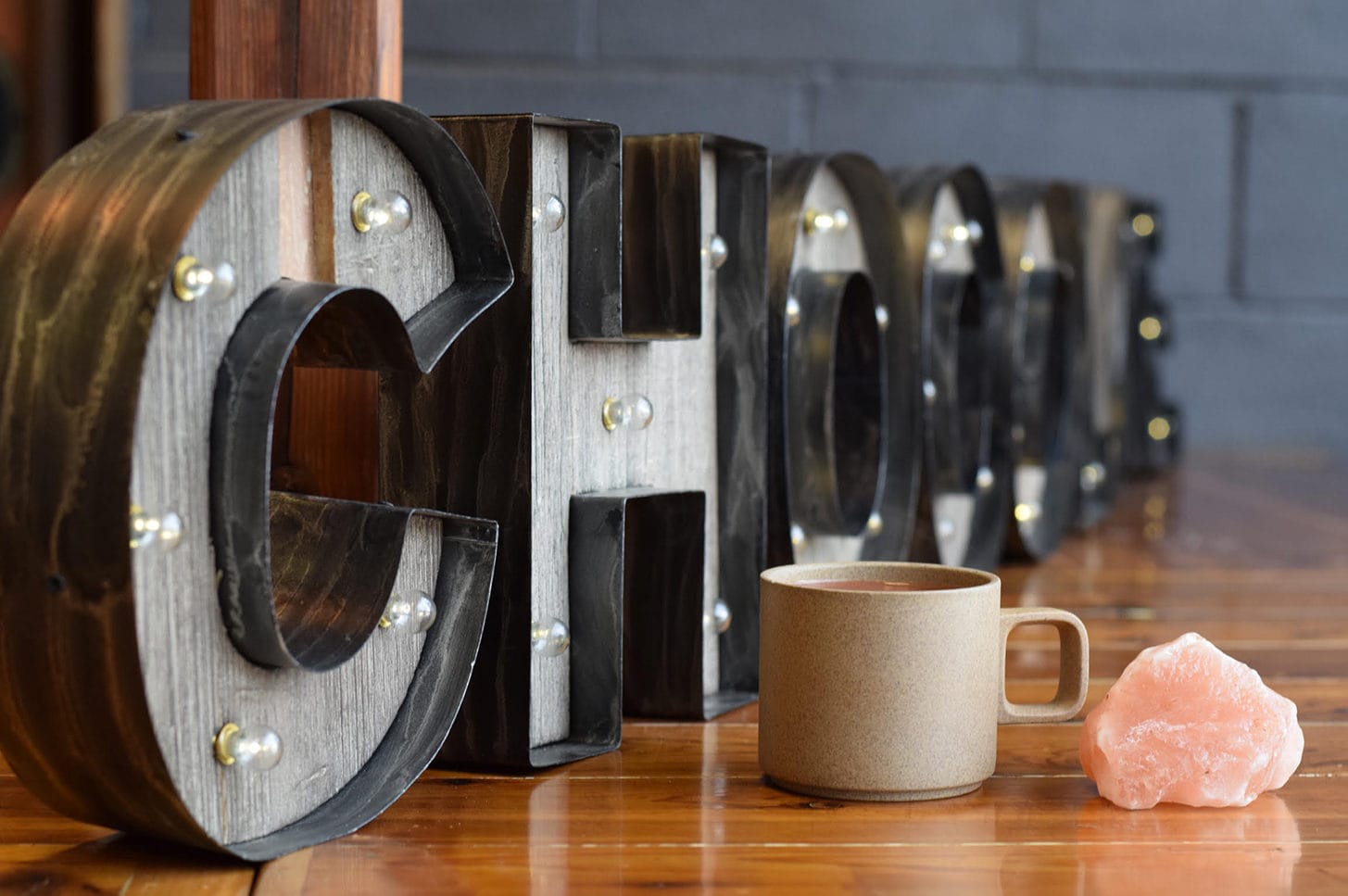
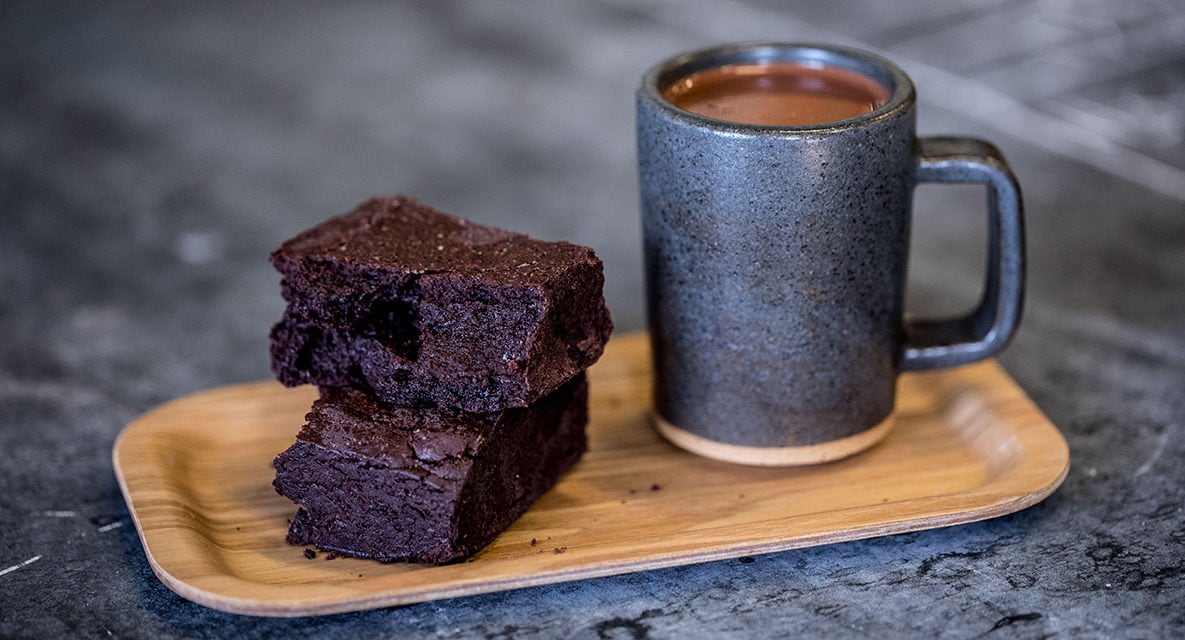
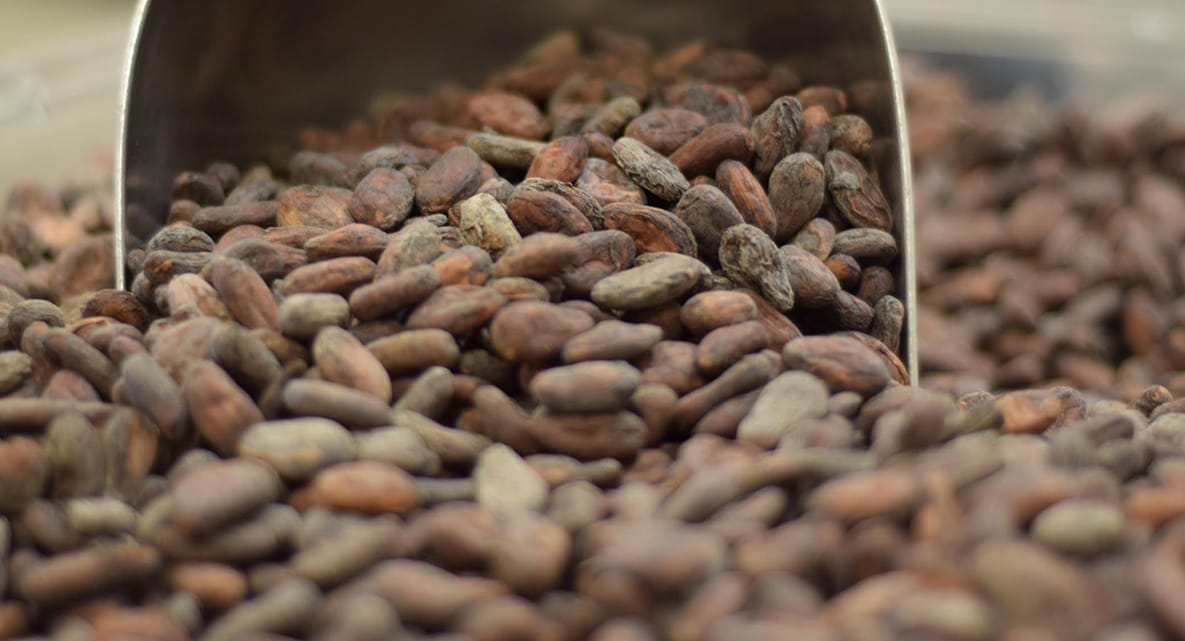
Get the Latest Stories
